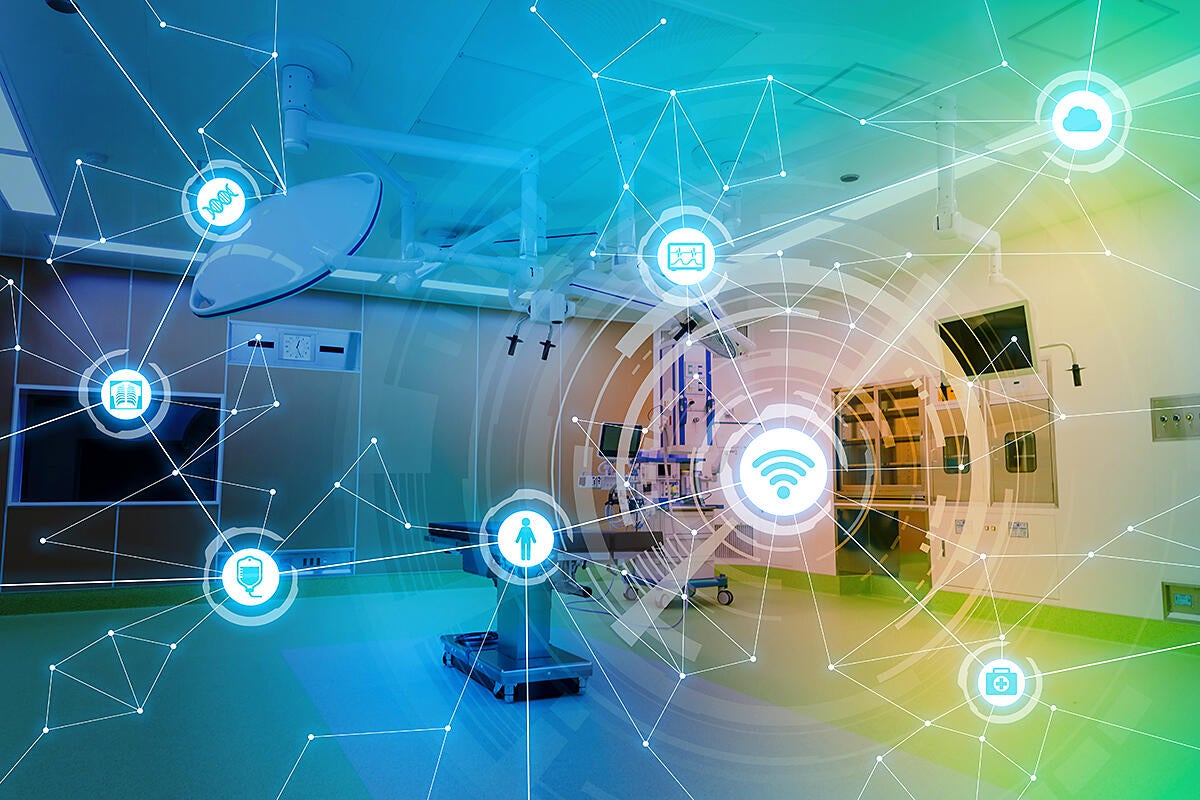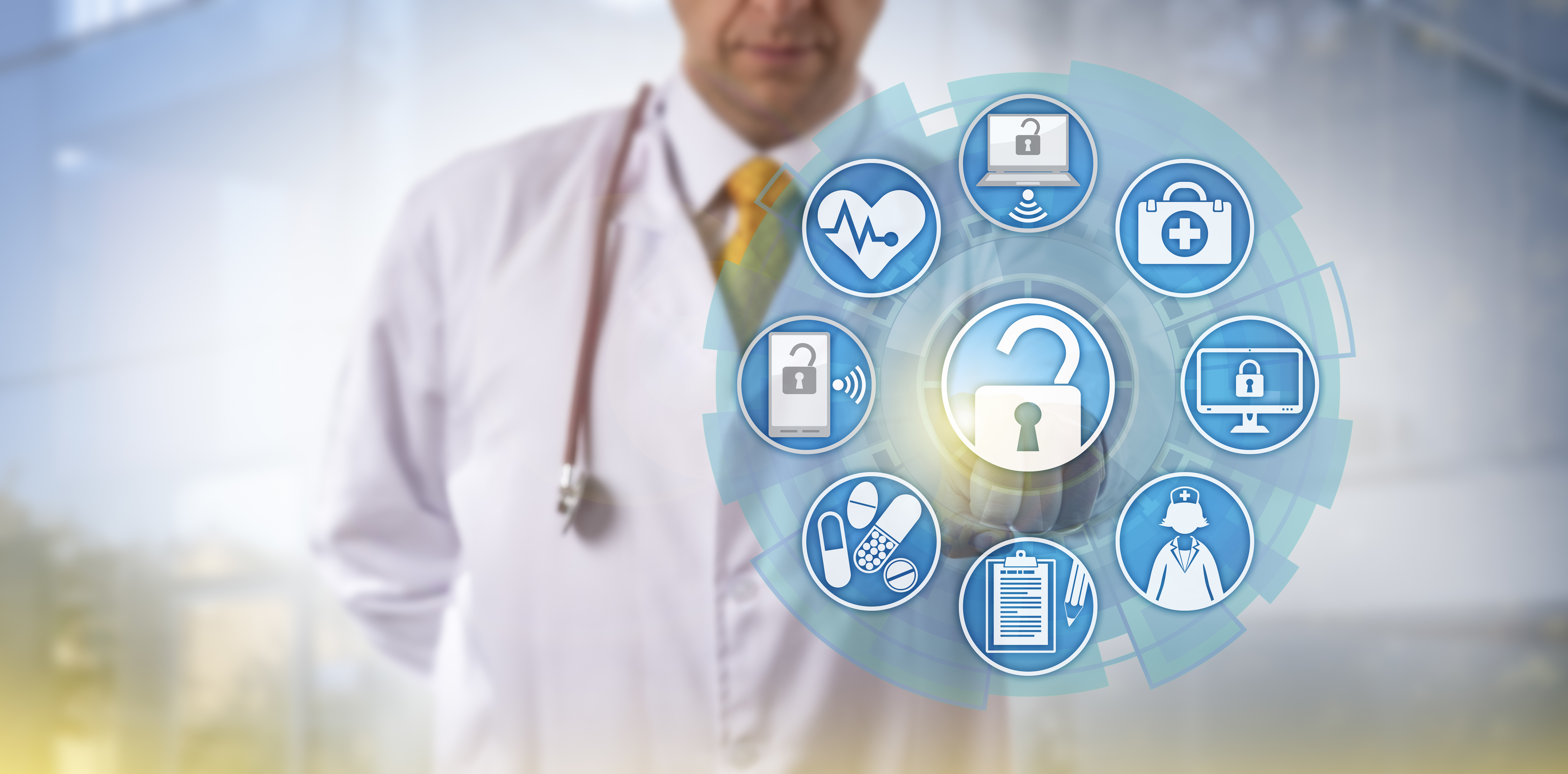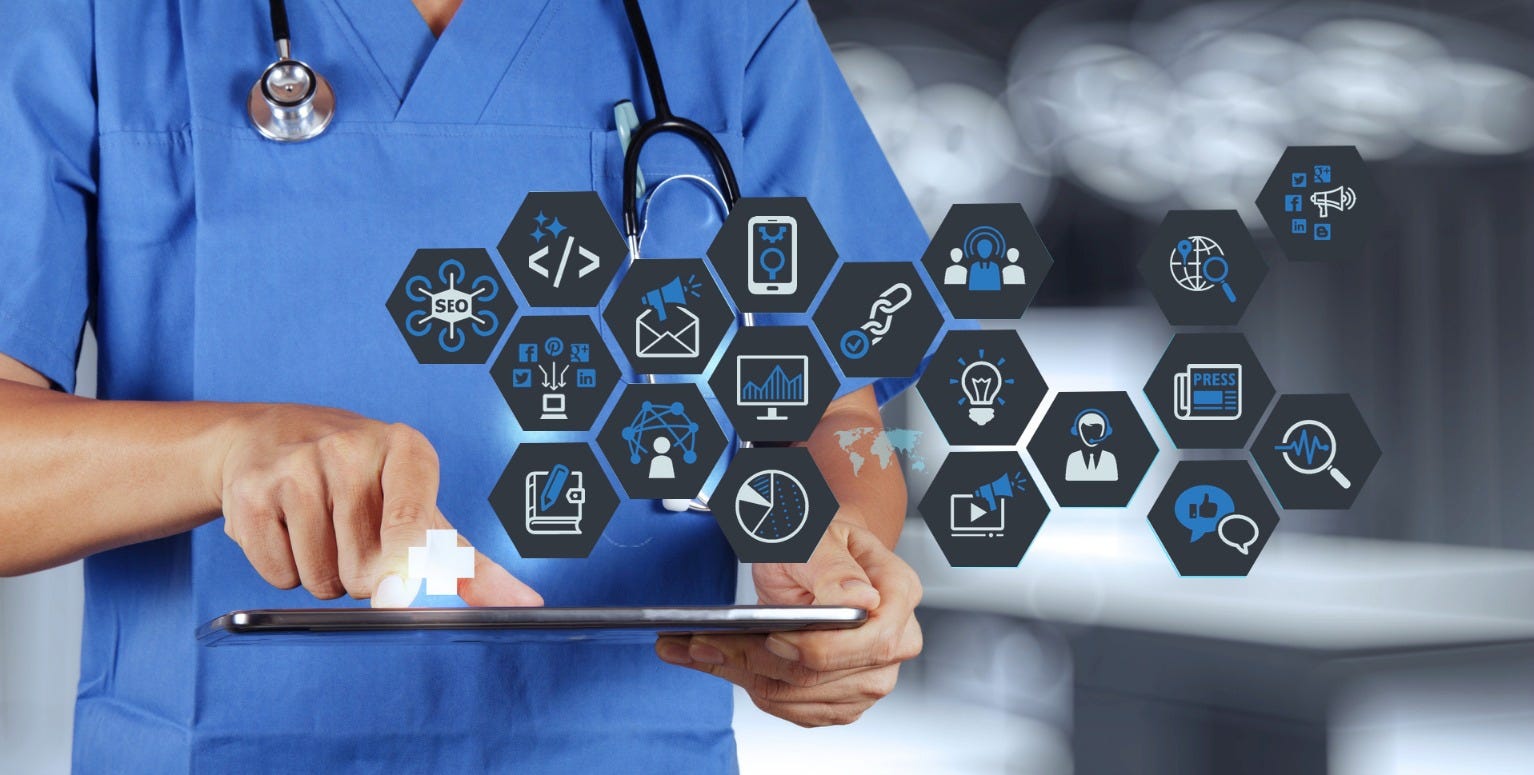Smart Hospitals: Using IoT to Optimize Healthcare Operations and Patient Care

Telemedicine is the future of healthcare. It offers patients the opportunity to connect with healthcare professionals in real-time, from the comfort of their own homes, using online communication platforms.
Lab makes data sharing easier
The lab has developed a new software platform that makes it easier to share data between medical Internet of Things (IoT) devices. The platform is designed to help improve the accuracy and speed of diagnoses by ensuring that all medical devices can communicate effectively with each other.

With the ever-increasing volume of medical data produced by IoT devices, it has become almost impossible for healthcare professionals to access and manage this data effectively. However, by implementing this new data-sharing platform, medical professionals can use data analytics to better understand a patient’s medical history and make more informed decisions regarding their treatment.
RFID and IoT: Asset Tracking and Management
The Internet of Things (IoT) and RFID technology are rapidly evolving, and are becoming increasingly important to the healthcare industry. By using RFID tags to track medical equipment and supplies, health professionals can reduce the risk of losing valuable items, while also saving time and money.
![]()
RFID technology can also be used to track patient medication use, alerting healthcare professionals when a medication has been missed, or when the patient has taken too much medication. This can help to reduce medication errors, creating a safer and more efficient healthcare environment.
The Future of Healthcare: IoT Medical Devices
The rise of IoT technology has revolutionized the healthcare industry, with medical devices that are more efficient and accurate than ever before. IoT medical devices are designed to provide patients with real-time medical data, allowing healthcare professionals to monitor their condition and adjust treatment plans accordingly.

These devices can also be used to track patient vitals, such as blood pressure, heart rate, and blood glucose levels. This data can be transmitted to healthcare professionals in real-time, allowing them to monitor the patient’s condition from anywhere in the world.
Smart Hospital Management
Smart hospital management is the future of healthcare, built on IoT technology. By using connected devices and data analytics, healthcare professionals can make smarter decisions and provide better care for their patients.

For example, hospitals can implement IoT-enabled patient rooms, equipped with sensors that monitor the patient’s movements, location, and vital signs. This data can be used to track patient progress, improve patient safety, and optimize hospital workflows.
Conclusion
The Internet of Things (IoT) has revolutionized the healthcare industry, providing healthcare professionals with new tools and technologies that are more efficient and accurate than ever before. These devices can be used to track patient vital signs, monitor medication use, and share medical data between devices, ensuring that patients receive the best possible care. As the healthcare industry continues to evolve, smart hospital management and IoT technology will play an increasingly important role in improving patient outcomes and creating a more efficient healthcare system.

Source image : softwaredesignsolutions.com

Source image : www.networkworld.com
![]()
Source image : tutorials.one

Source image : www.watchnetiot.com

Source image : medium.com







